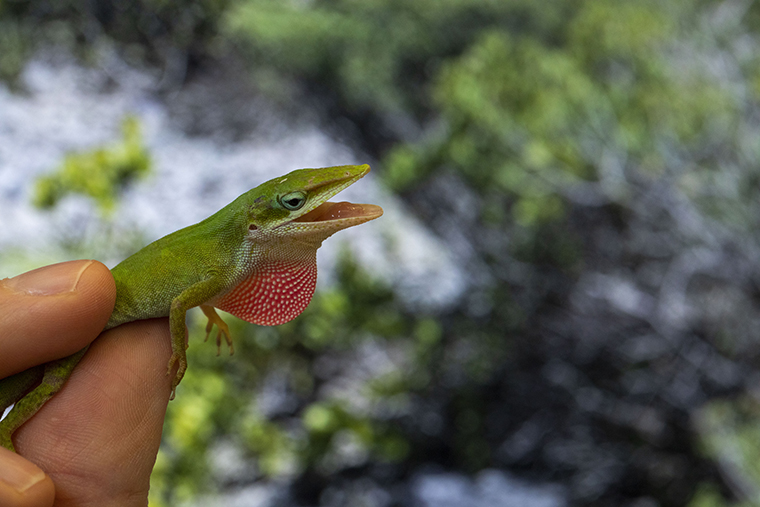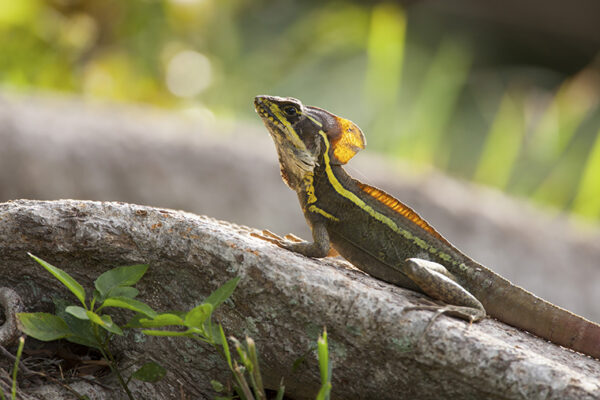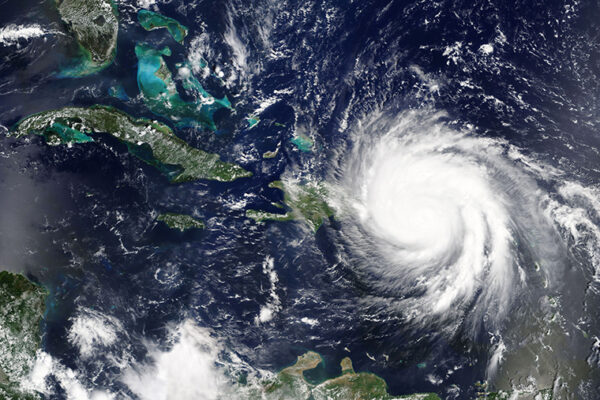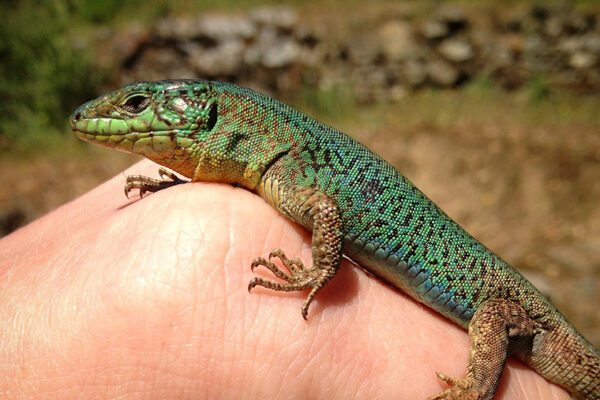Ecologist and evolutionary biologist James T. Stroud has been recognized by the American Society of Naturalists with its 2021 Young Investigator Award, named in honor of Jasper Loftus-Hills. The award is one of the most prestigious for young researchers in the field of ecology and evolution.
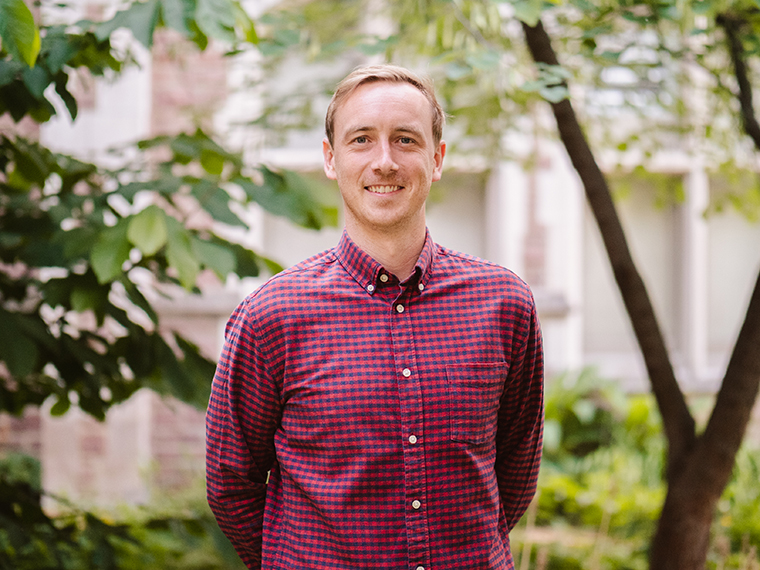
Stroud is a postdoctoral research associate in biology in Arts & Sciences at Washington University in St. Louis, where he conducts large-scale field studies to understand the ecology and evolution of Anolis lizard communities in the Caribbean. A native of London, Stroud now specializes in tropical biology and ecology.
“My current research interests center on understanding how patterns of contemporary natural selection can shape the structure of entire communities,” Stroud said.
In recent publications at Washington University, Stroud investigated rapid response to extreme climate events, such as how lizards in south Florida changed after they experienced their coldest night in more than a decade. He also co-authored a study that demonstrated for the first time an evolutionary response to storm events: lizard populations hit more frequently by hurricanes have evolved larger toepads.
“James is exceptional in that he combines a deep knowledge of the natural world with exceptional insights on how to address important questions in new ways,” said Jonathan Losos, the William H. Danforth Distinguished University Professor, professor of biology in Arts & Sciences and director of the Living Earth Collaborative at Washington University.
“He also has extraordinary breadth, tackling questions in disparate fields such as evolutionary biology, community ecology and animal behavior,” Losos said. “He has an extraordinary publication record for someone at this career stage.”
Stroud co-founded, and continues outreach work, with the “Lizards on the Loose” project, organized in partnership with the Fairchild Tropical Botanic Garden, based in Coral Gables, Fla. The project involves grade school students finding lizards in their backyards and uploading photographic identification records to the online community science initiative iNaturalist. Since its inception 2015, while Stroud was pursuing his PhD at Florida International University, more than 10,000 iNaturalist biodiversity records have been submitted through “Lizards on the Loose,” with more than 3,000 students participating from across south Florida.
